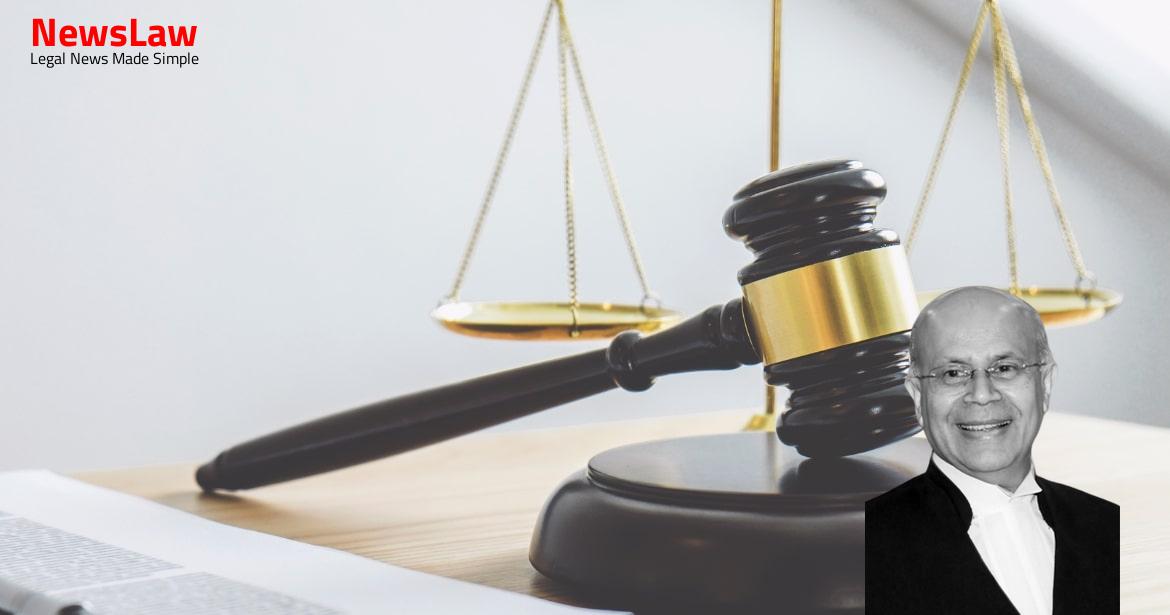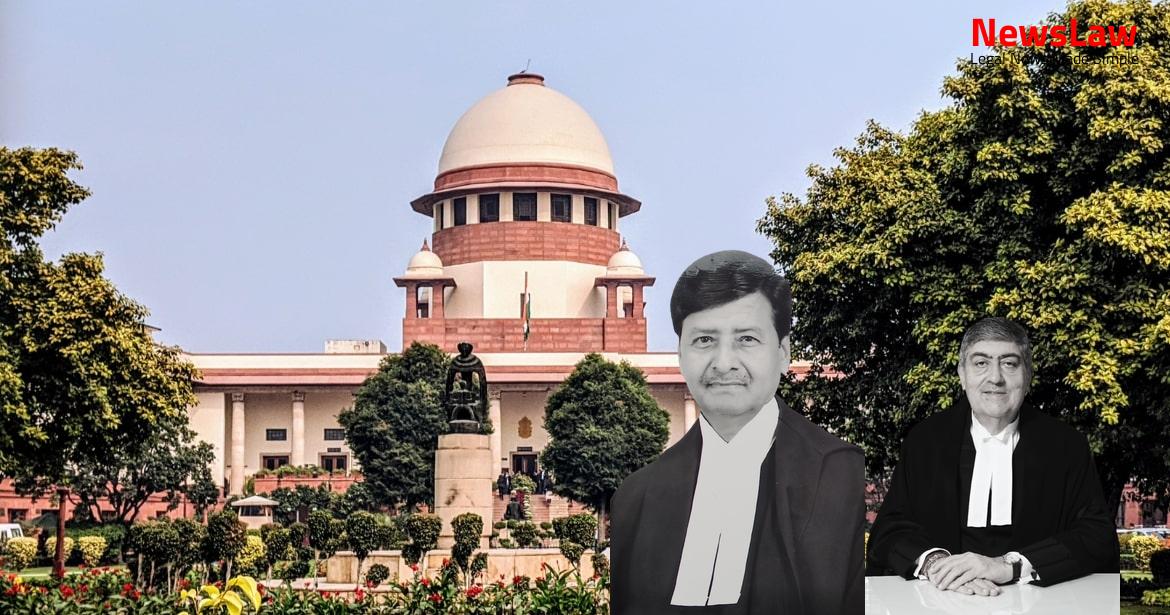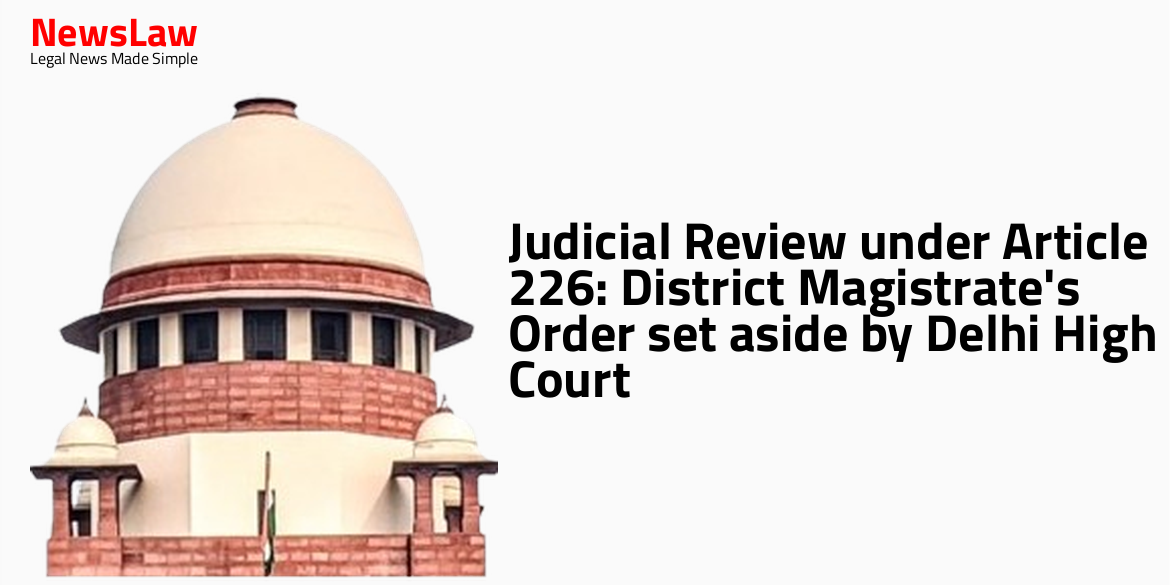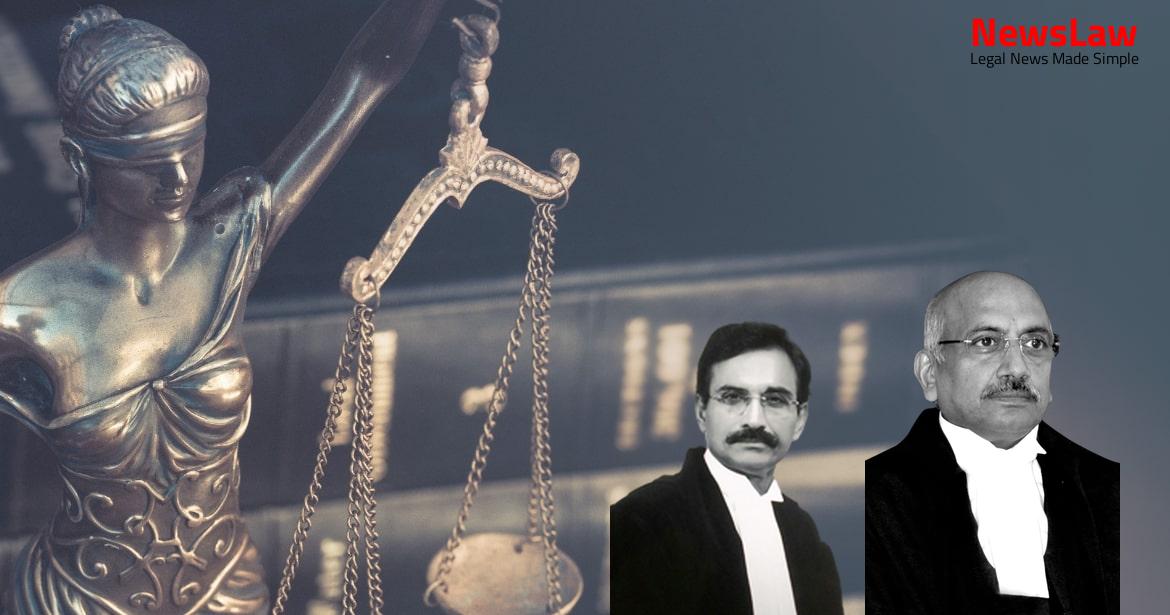The legal case delves into the intricate realm of promotion disputes, particularly focusing on the seniority-cum-merit principle. Through a thorough legal analysis, the court assesses the criteria for promotions based on a combination of seniority and merit. Stay tuned to unravel the nuances of promotion criteria in the realm of legal proceedings.
Facts
- Respondent no.3 was appointed as Fireman on 09.01.1992, while the appellants were appointed on 09.02.1991.
- The appellants were promoted to the post of Leading Fireman on 09.02.2012 under the Regulations.
- The appellants’ promotions were protected during the pendency of the writ petition.
- The High Court annulled the promotions of the appellants, deeming them ineligible under the Regulations.
- The post of Fireman acts as a feeder post for Leading Fireman.
- The appellants have uninterruptedly served as Leading Fireman.
- The appellants are senior to respondent no.3.
- The High Court erred in treating two requirements as conjunctive for promotion eligibility
- Promotion was supposed to be based on seniority-cum-merit as per Regulations
- Appellants with good service records and seniority to respondent no.3 were rightfully promoted on 09.02.2012
- Departmental Promotion Committee considered their candidature and promoted them as Leading Fireman on 09.02.2012
- High Court granted relief to respondent no.3 not sought by them and annulled the promotion of appellants who have retired since then
Also Read: Enhanced Compensation for Loss of Estate in Motor Accident Case
Arguments
- Appellants are senior to respondent no.3, as acknowledged.
- Promotion is based on seniority-cum-merit principle.
- Possession of appreciation certificate is not an independent requirement, but a facet of good service record.
- Respondent, though junior, is more meritorious than the appellants.
- Promotion from Fireman to Leading Fireman is based on seniority-cum-merit principle.
- Requirement for appreciable initiative and good reports are separate.
- Respondent no.3 promoted amidst 21 other seniors raises need to examine all claims.
Analysis
- The High Court erred in annulling the promotion of the appellants based on the writ petition by respondent no.3.
- Seniority-cum-merit principle is well established in service jurisprudence and must be considered for promotion.
- Appreciable initiative and good service record are both important but may not always be mandatory together.
- The Regulations clearly state that appointment by promotion is based on selection and not as a matter of right.
- The High Court exceeded its jurisdiction by mandating a promotion for respondent no.3 without considering other senior candidates.
- Regulations provide for promotion by selection based on seniority-cum-merit, with different categories of eligibility for promotion.
- Minimum necessary merit can be assessed based on standards set by the competent authority.
- Language of the Regulations should be interpreted literally to understand the criteria for promotion.
- In the case of State of Mysore v. Syed Mahmood, the criteria for promotion was based on seniority-cum-merit.
- The rule required promotion to be made by selection on the basis of seniority subject to the fitness of the candidate to discharge the duties of the post.
- B.V. Sivaiah and Ors. vs K. Addankl Babu and Ors. explained that when promotion is based on seniority-cum-merit, the officer cannot claim promotion as a matter of right based on seniority alone.
- The principle of seniority-cum-merit means that given the minimum necessary merit for efficiency, the senior, even if less meritorious, should have priority.
- The appellants were found eligible for promotion.
- The Court allowed the appeal, indicating that the promotion of respondent no.3 will not be interfered with.
- The High Court should have directed the consideration of respondent no.3 for promotion as per the law.
Decision
- Orders of promotion restored
- Subject to principle of seniority-cum-merit
- Discussion on seniority-cum-merit principle provided
Case Title: TEK CHAND Vs. BHAKRA BEAS MANAGEMENT BOARD (B.B.M.S.) (2021 INSC 368)
Case Number: C.A. No.-004482-004482 / 2021



